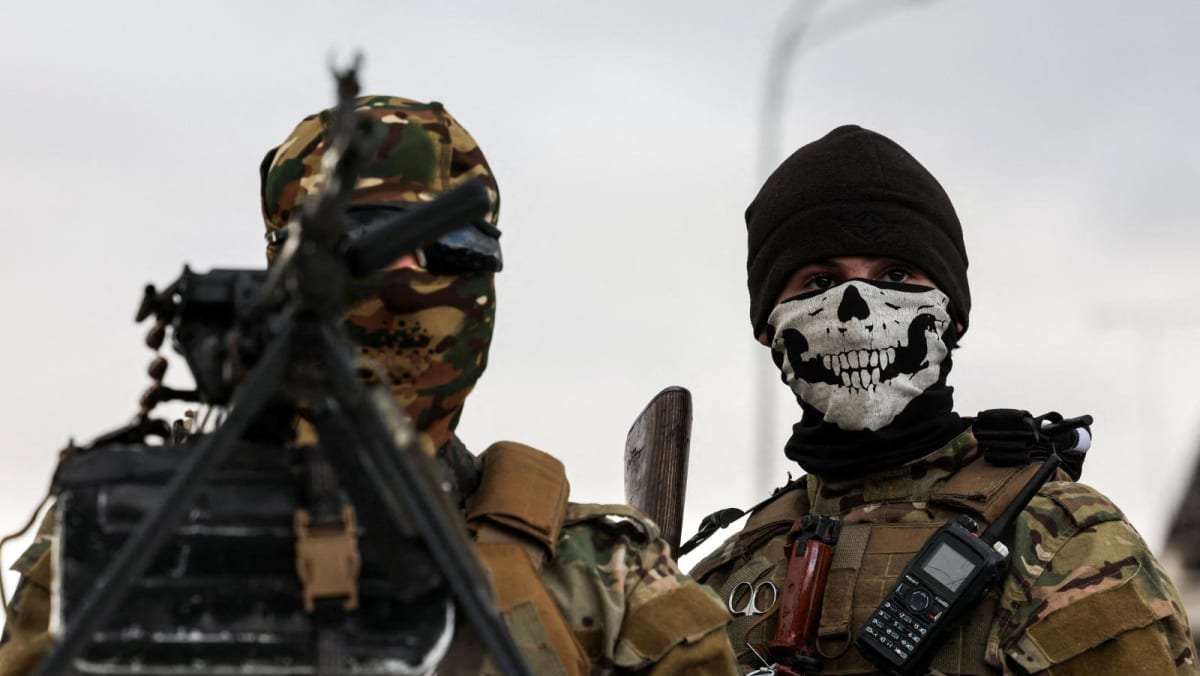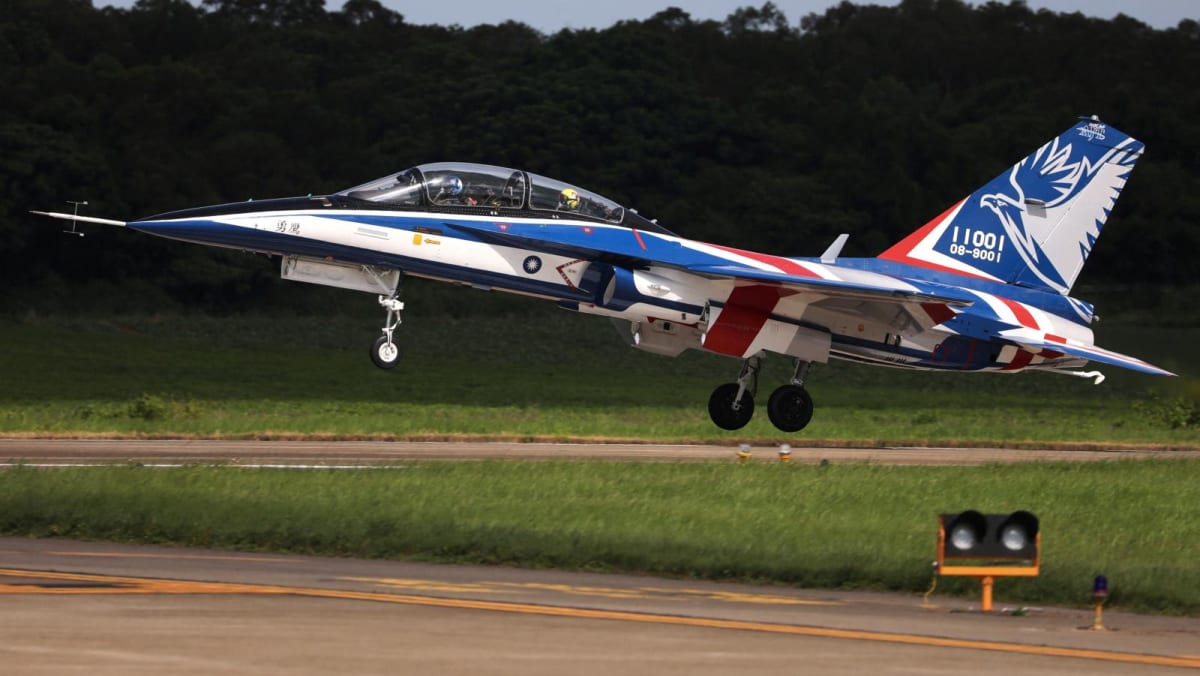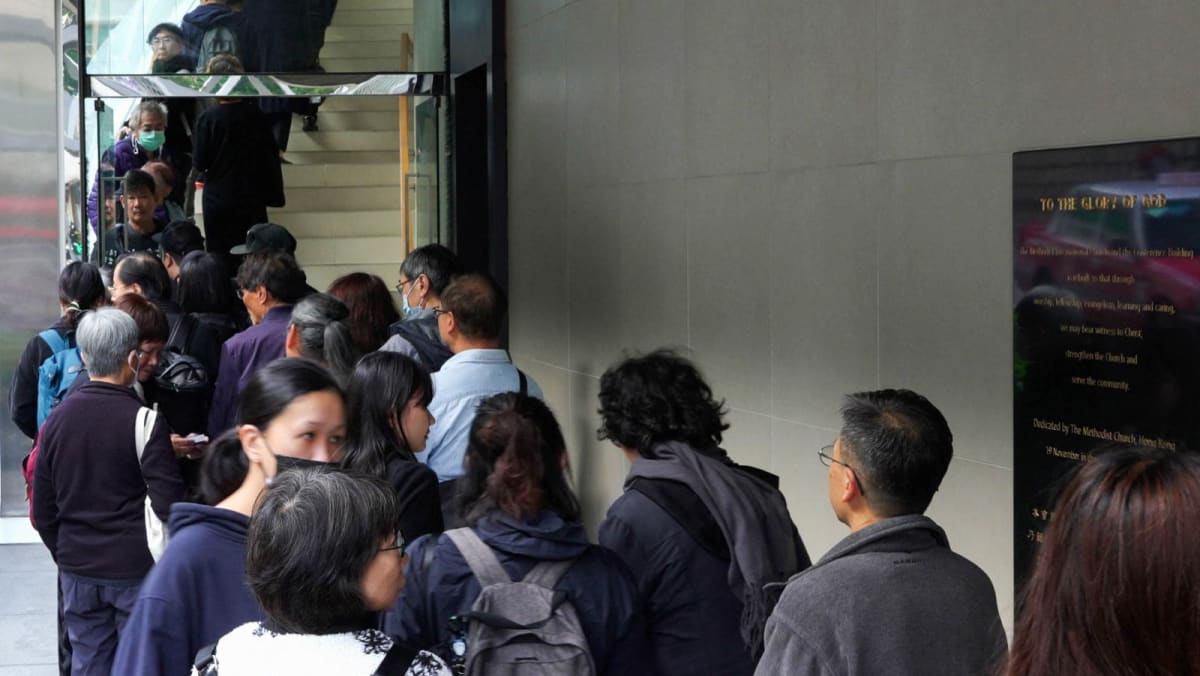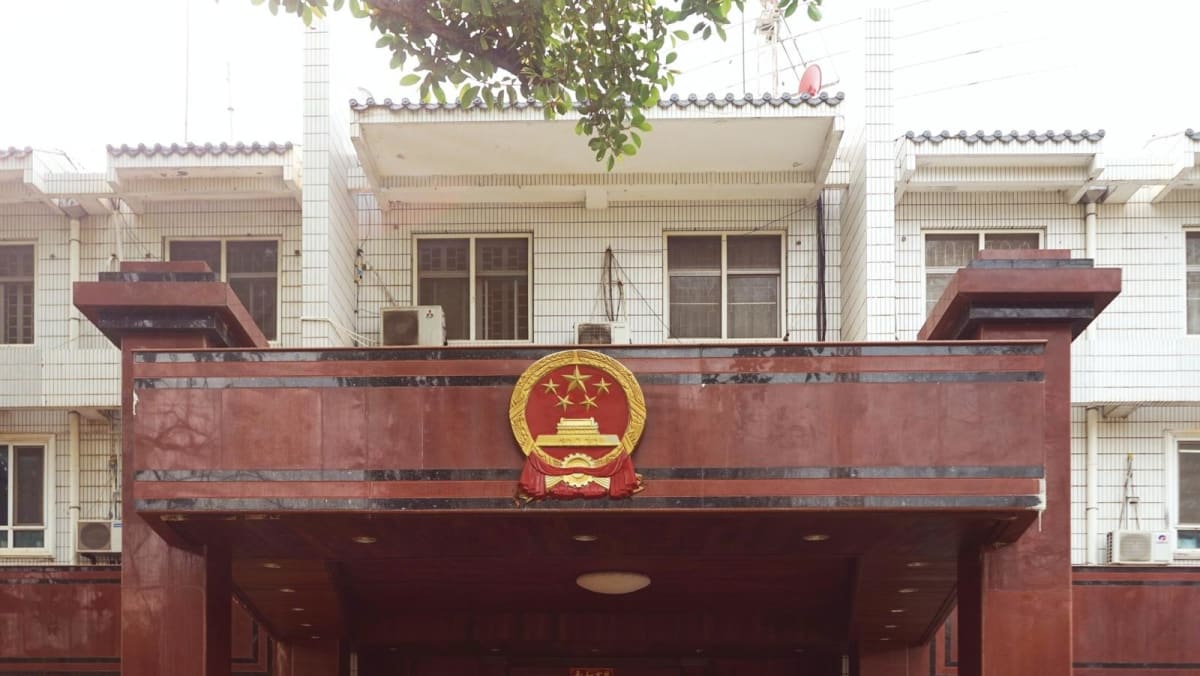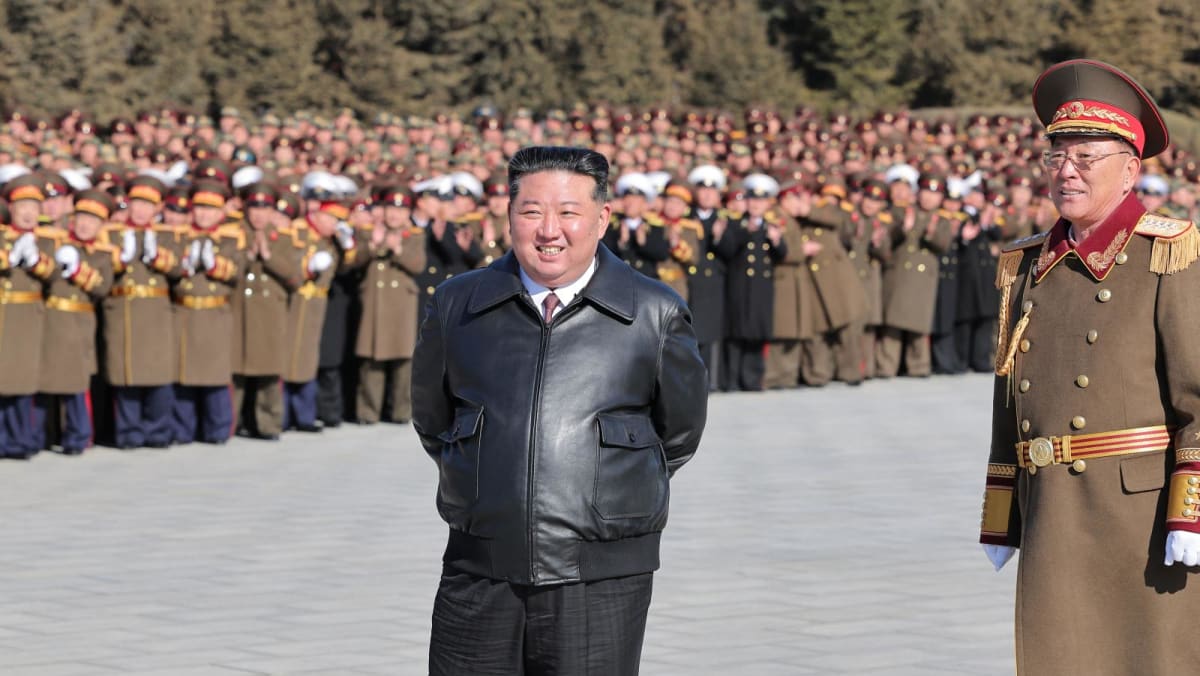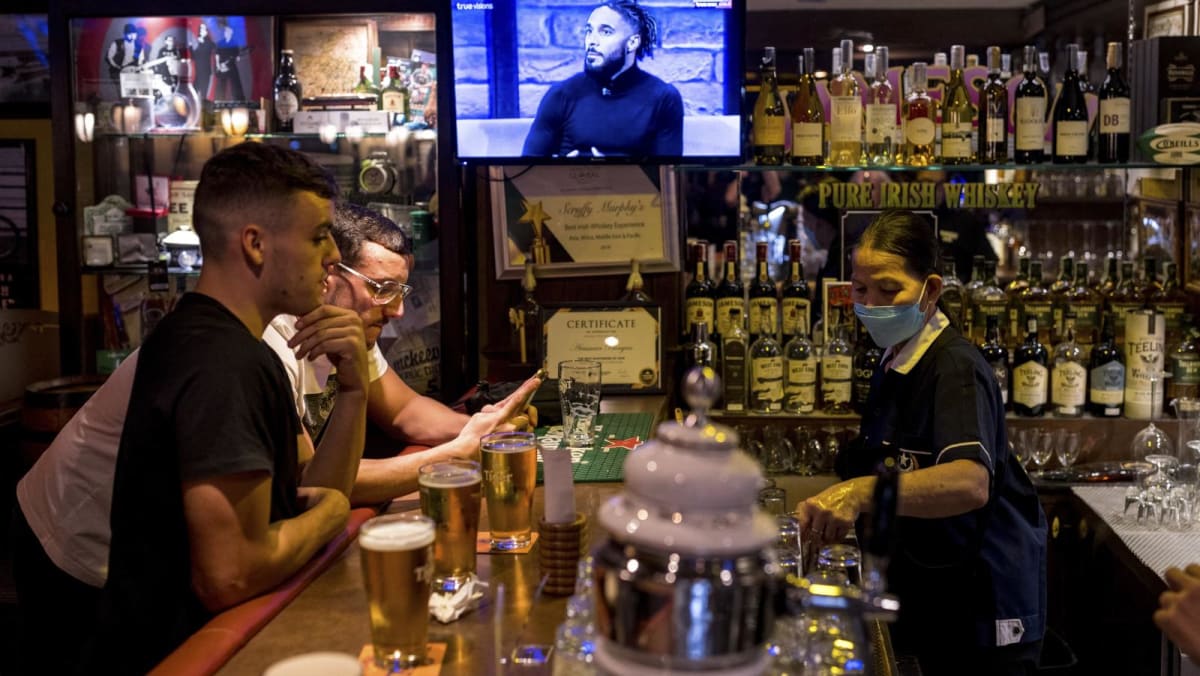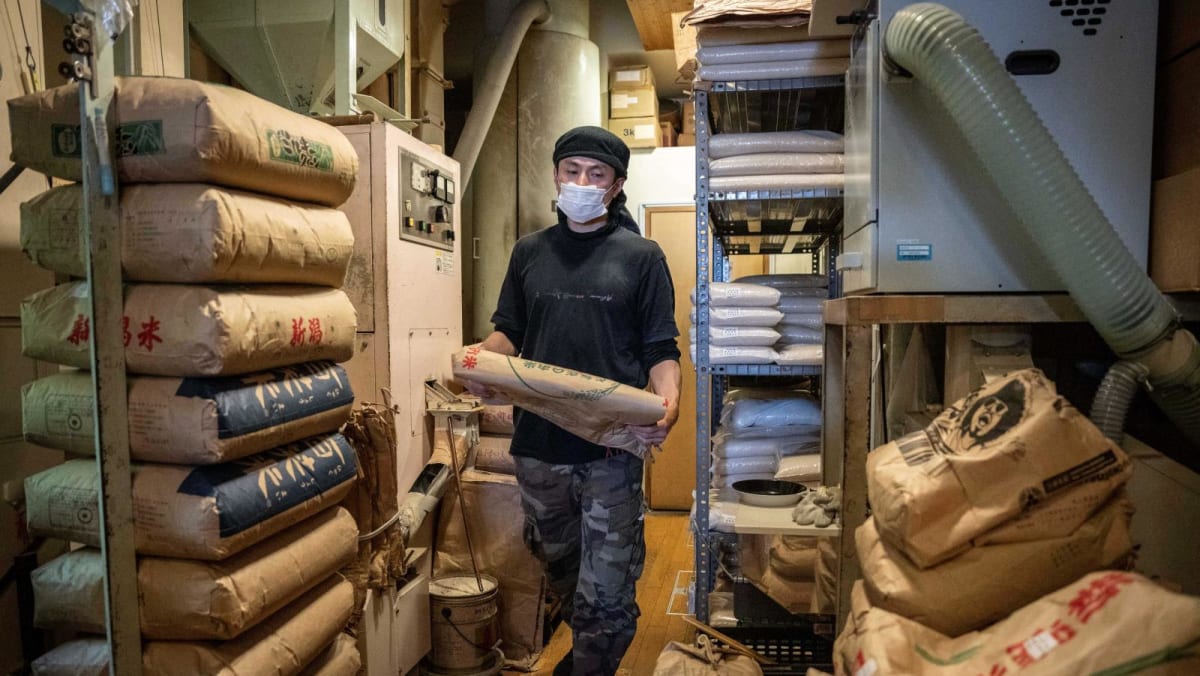ACTIVE ON FACEBOOK
Ilyas told CNA he was assigned to go to Tartus in a majmuah musyat or small infantry group.
“I was the deputy commander of the majmuah. It was a small group, consisting of eight people,” said Ilyas.
After the regime collapsed, Assad’s soldiers were disarmed and required to report regularly. However, said Ilyas, there are some former soldiers who still fight here and there, especially in areas bordering Lebanon, including Tartus.
“The infrastructure in this place (Tartus) used to be complete, but the soldiers took everything, such as transmitters and copper,” he said, with a slightly disjointed voice due to poor phone signal.
The Sulawesi native said he went to Syria in 2013 and joined the Jabhat al-Nusra rebel group, an Al-Qaeda affiliated terrorist organisation and the forerunner of HTS today.
Since then, he has often taken up arms and been involved in various battles, fighting alongside HTS. He admitted that he almost died several times in close combat.
Twelve years later, Ilyas has now settled in Idlib, married a Syrian woman and has three children.
“We have lived harmoniously here, we are considered part of the family,” he said.
Ali Husni, an Indonesian volunteer aid provider who was also labelled a foreign fighter, explained that many Indonesians in HTS are on duty like Ilyas.
Usually, they are deployed to small towns to search for weapons and landmines that are still left by Assad’s army.
“They are assigned to various tasks, some are squad commanders, mortar launchers, and snipers,” said Ali, 45, who was also in Tartus to distribute bread to the locals.
“As far as I know, there are less than 100 Indonesians in the city of Idlib where I live,” he said, adding that from there, they could be deployed to anywhere in the country.





